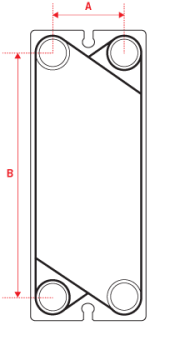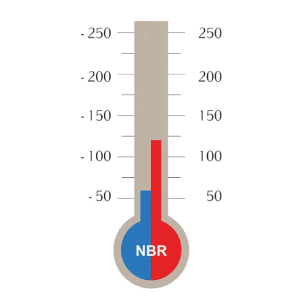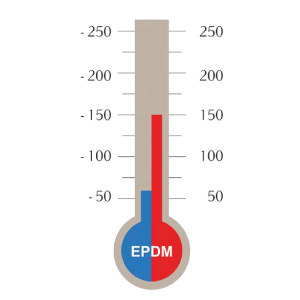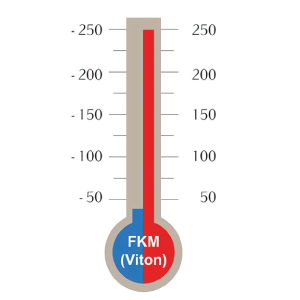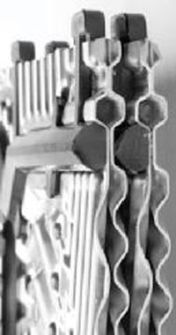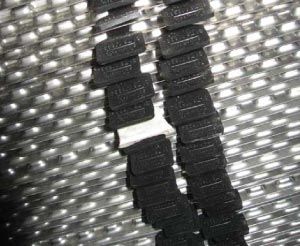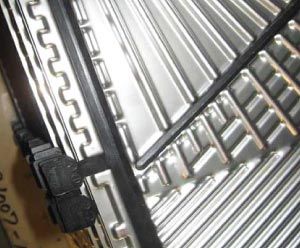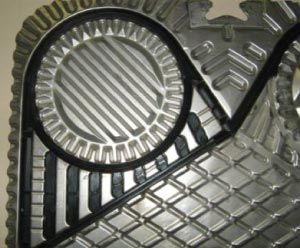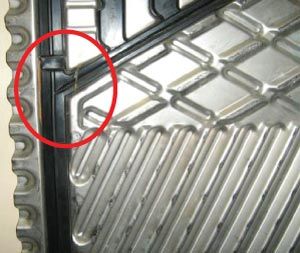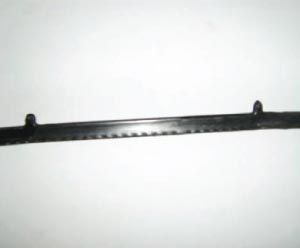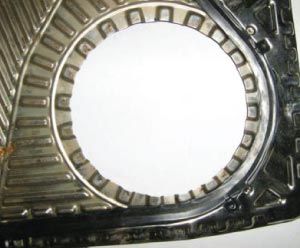Can Double Wall Plate & Frame PHEs Be Cleaned or Serviced?
Double wall plate and frame heat exchangers (PHEs) are specialized systems designed to prevent cross-contamination, making them ideal for applications like potable water, food processing, and pharmaceuticals.
A common question is: Can double wall plate & frame PHEs be cleaned or serviced?
Yes, double wall PHEs can be effectively cleaned and serviced using methods like Clean-in-Place (CIP), chemical flushing, or mechanical cleaning, ensuring efficiency and compliance with safety standards.
What Are Double Wall PHEs?
Double wall PHEs feature two plates between fluid channels, providing a failsafe against leaks and cross-contamination, as highlighted by T.H. Industrial Solutions. If a plate develops a pinhole or crack, the double wall design prevents fluid mixing, making them critical for potable water systems under municipal codes, as noted in industry standards.
How Are Double Wall PHEs Cleaned and Serviced?
Cleaning and servicing double wall PHEs involve tailored methods to maintain their integrity:
- Clean-in-Place (CIP): Alfa Laval and Hofmann Heat Exchanger endorse CIP systems, circulating cleaning solutions like citric acid or sodium hydroxide to remove scale or organic deposits without disassembly, ideal for routine maintenance.
- Chemical Flushing: Heat Exchanger Ontario uses portable units with pumps and filters to circulate mild acid or citrus-based solutions for 6–8 hours, effectively clearing debris, though less effective for hardened scale.
- Mechanical Cleaning: For severe fouling, plates are disassembled and cleaned with high-pressure water or soft brushes, ensuring no damage to plates or gaskets.
- Inspection and Testing: Post-cleaning, dye penetrant testing, used by T.H. Industrial Solutions, detects cracks or pinholes to ensure reliability.
Effectiveness of Cleaning Double Wall PHEs
- Restores Efficiency: Cleaning removes scale and biofilms, reducing pressure drops (7–10 psi indicates service need) and improving heat transfer.
- Ensures Safety: Servicing maintains the double wall’s protective barrier, critical for potable water.
- Prolongs Lifespan: Regular maintenance, prevents corrosion and gasket wear, ensuring compliance with regulations.
Limitations and Considerations
- Material Compatibility: Cleaning agents must suit plate and gasket materials to avoid corrosion.
Severe Fouling: Hardened scale may require disassembly and mechanical cleaning, increasing labor compared to CIP, per industry standards.
Environmental Compliance: Spent chemicals must be neutralized.
Expertise Required: Services from T.H. Industrial Solutions ensure safe cleaning and proper flow rates (e.g., 1 ft/sec).
When to Clean or Service Double Wall PHEs
Service is recommended every 5–6 years or when differential pressure reaches 7–10 psi, indicating fouling. Double wall PHEs in potable water systems require regular maintenance to meet municipal codes, ensuring no cross-contamination risks.
Conclusion
Double wall plate and frame PHEs can be effectively cleaned and serviced using CIP, chemical flushing, or mechanical methods, maintaining efficiency and safety. Industry leaders like T.H. Industrial Solutions provide expert services tailored to double wall PHEs. Trust professionals to ensure compliance and optimal performance.
